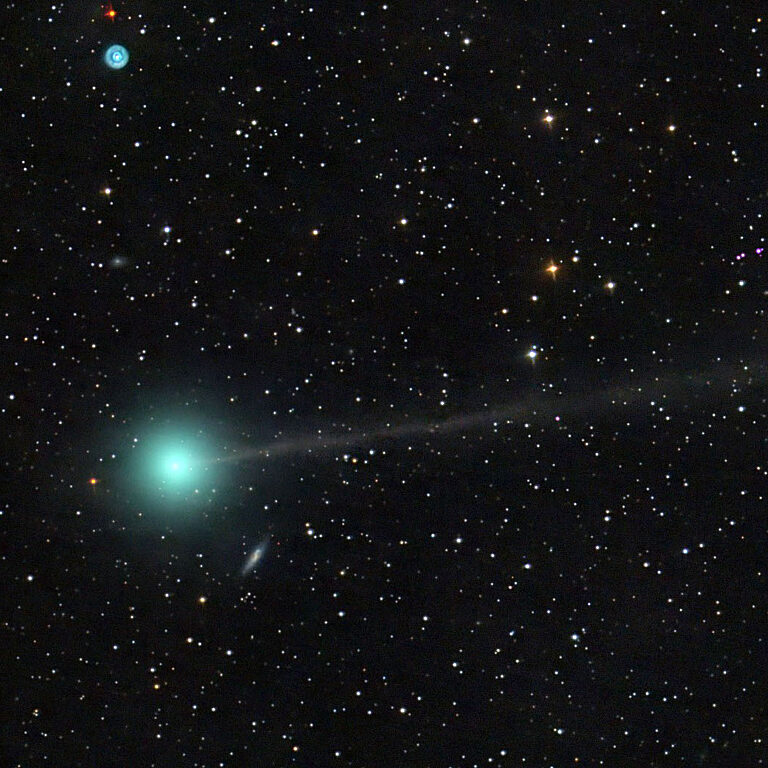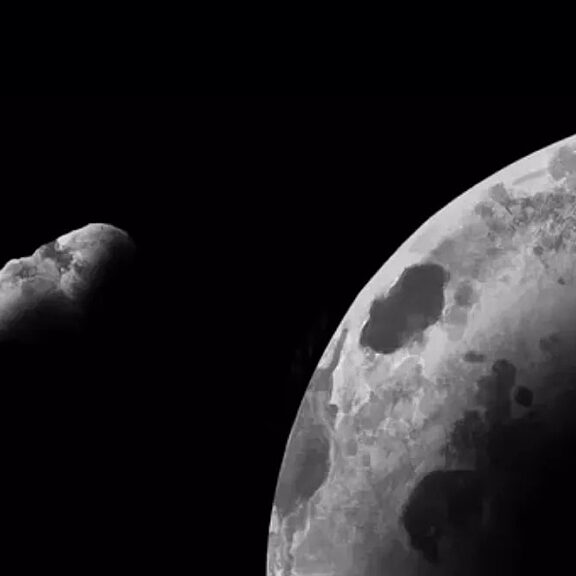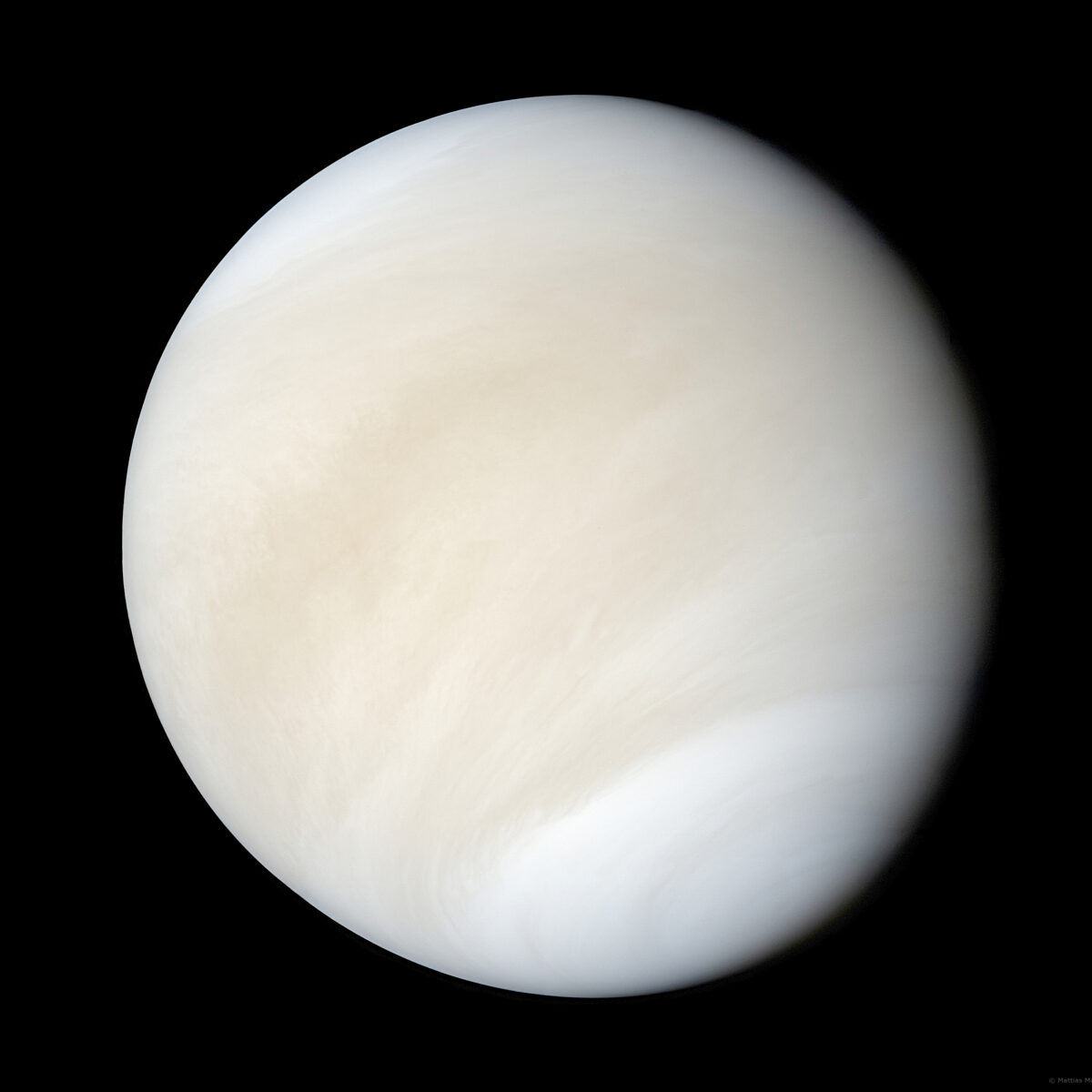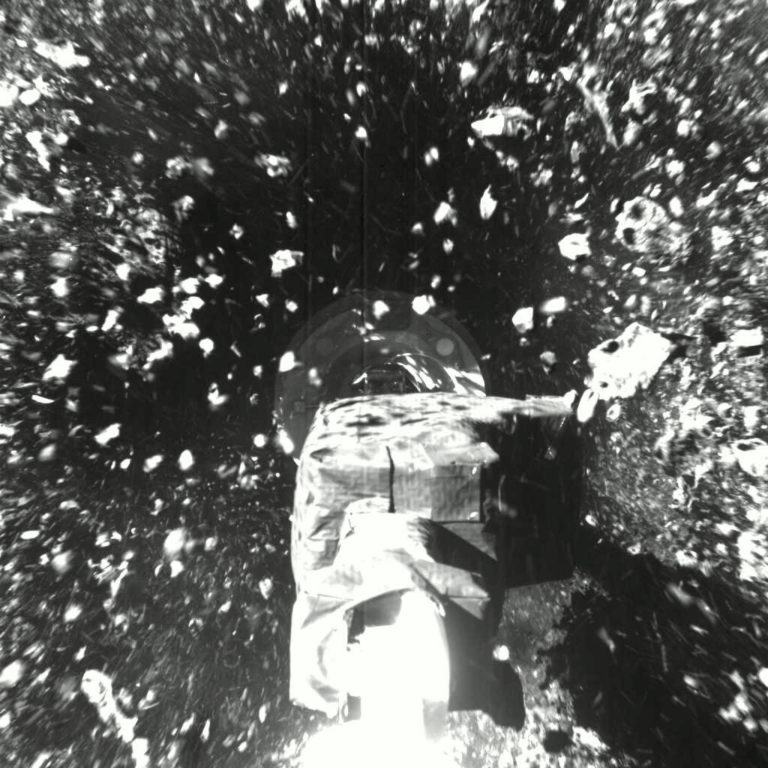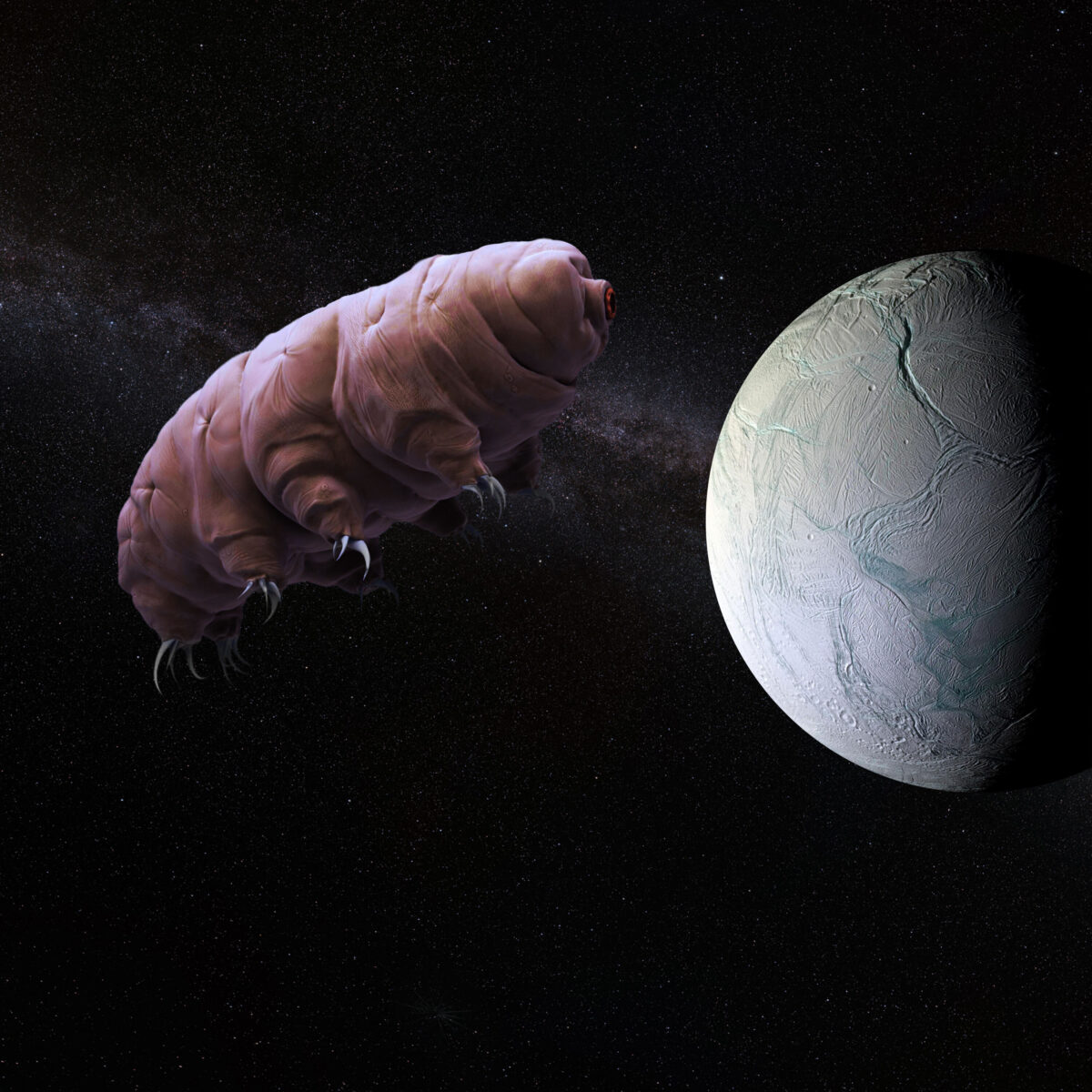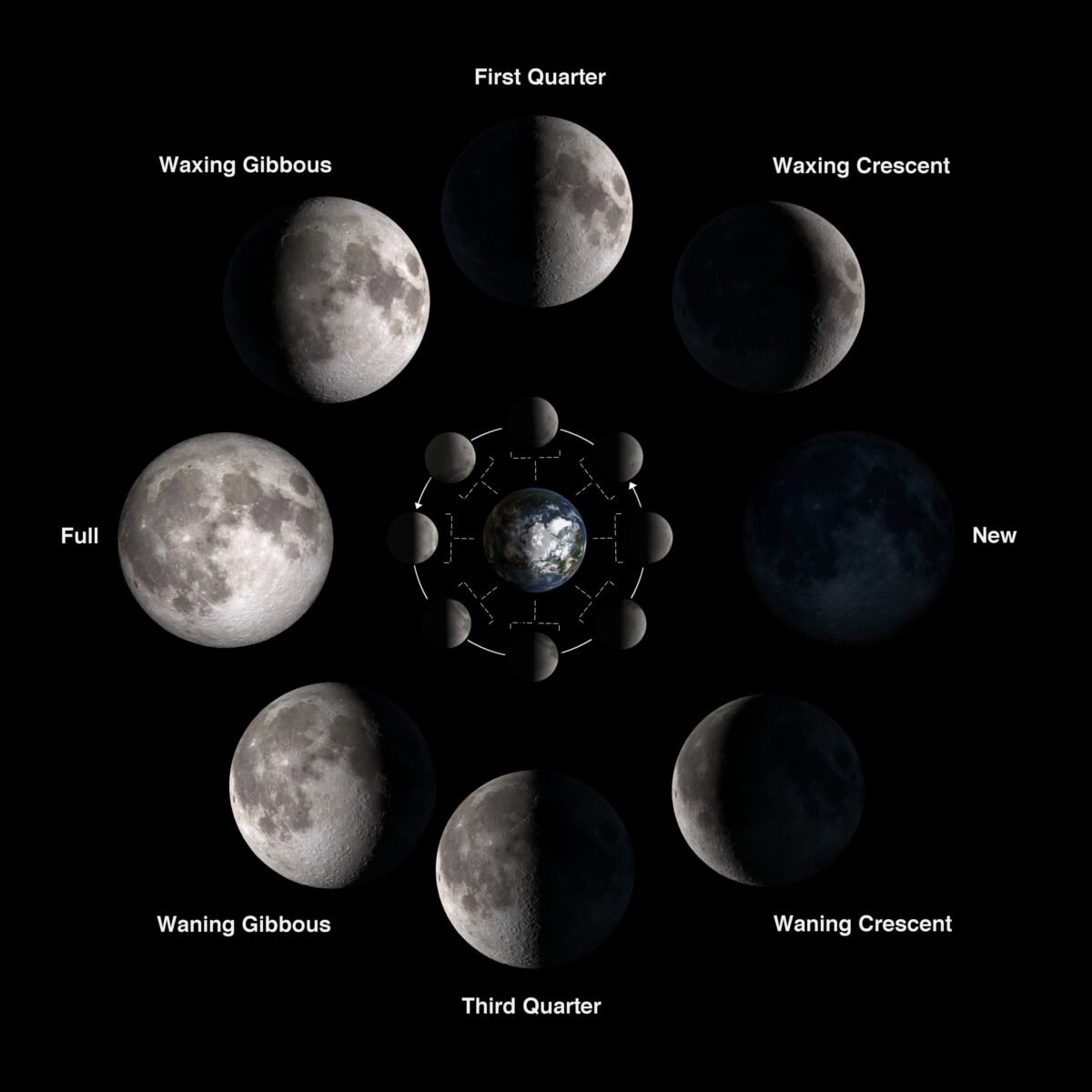All
All
Stories, updates, insights, and original analysis from The Planetary Society.
How do humans try to communicate with aliens?
SETI is the search for extraterrestrial intelligence, using various techniques to look for signals from advanced alien civilizations. METI (messaging extraterrestrial intelligence) is when we send out our own signals for aliens to find.
Why partial eclipses are worth seeing
Partial eclipses are the most common solar eclipse to see. Here's why that is, and why it's worth going out and (safely) looking up.
What is an annular solar eclipse?
An overview of annular solar eclipses, how they work, what they're like to experience, and how to view one safely.
A guide to eclipse vocabulary
A list of useful words and terms relating to lunar and solar eclipses.
Are your solar eclipse glasses safe?
A guide to how to make sure your solar eclipse glasses are safe and certified, plus tips on what to do — and what not to do — if you want to experience an eclipse without glasses.
How to see newly discovered Comet Nishimura
Comet Nishimura was discovered in August 2023, and is passing close to Earth and the Sun in September. Learn more about it and how to find it.
Moonstruck
Exploring humanity’s long relationship with the Moon.
A lunar saga
How the origins of the Moon could shape the future of human space exploration.
What would happen if an asteroid hit the Moon?
If a large asteroid impacted the Moon, would it cause problems for us here on Earth?
Life on Venus: Your Questions Answered
Is there life on Venus? Was our planetary neighbor ever inhabited? Here are the answers to your most pressing questions about the possibility of alien life on Venus.
Why did we need OSIRIS-REx?
How OSIRIS-REx’s samples build upon our knowledge of asteroids and the early Solar System.
Are aliens real?
An exploration of whether aliens are out there, what kind of extraterrestrial life is most likely to exist, and how we're looking for it.
Why is Venus called Earth’s twin?
Although Venus and Earth have many differences, they're often called twins because of some key similarities. Looking back to the two planets' early history, the similarities run even deeper.
The phases of the Moon explained
Your guide to the phases of the Moon, their names, and why they happen.
What does “Mercury in retrograde” actually mean?
"Mercury in retrograde" is one of the most searched terms relating to the planet. Astrological interpretations aside, apparent retrograde motion is an interesting phenomenon that has to do with orbital speeds and observer perspective.
What would it be like to stand on the surface of Venus?
With extreme heat and crushing atmospheric pressure, the surface of Venus is one of the most deadly environments in the Solar System. Here’s what it would be like to be there.
What the search for aliens can learn from life on Earth
When searching for extraterrestrial life, we have to base our hunt on what we know about life on our own planet. This may seem limiting, but there's a lot we can learn from the astonishingly diverse lifeforms we have here on Earth.
Welcome to your member community!
The Planetary Society has a new virtual space for members to connect and work together to advance space science and exploration.
Harnessing the power of the crowd
The Planetary Society has a long history of helping the public make progress in space exploration.
What was the Chelyabinsk meteor event?
When an asteroid exploded in the atmosphere above Chelyabinsk, Russia on Feb. 15, 2013, it made history and underscored the importance of planetary defense.


 Explore Worlds
Explore Worlds Find Life
Find Life Defend Earth
Defend Earth


 Sun
Sun Mercury
Mercury Venus
Venus Earth
Earth Mars
Mars Jupiter
Jupiter Saturn
Saturn Uranus
Uranus Neptune
Neptune Small Bodies
Small Bodies




